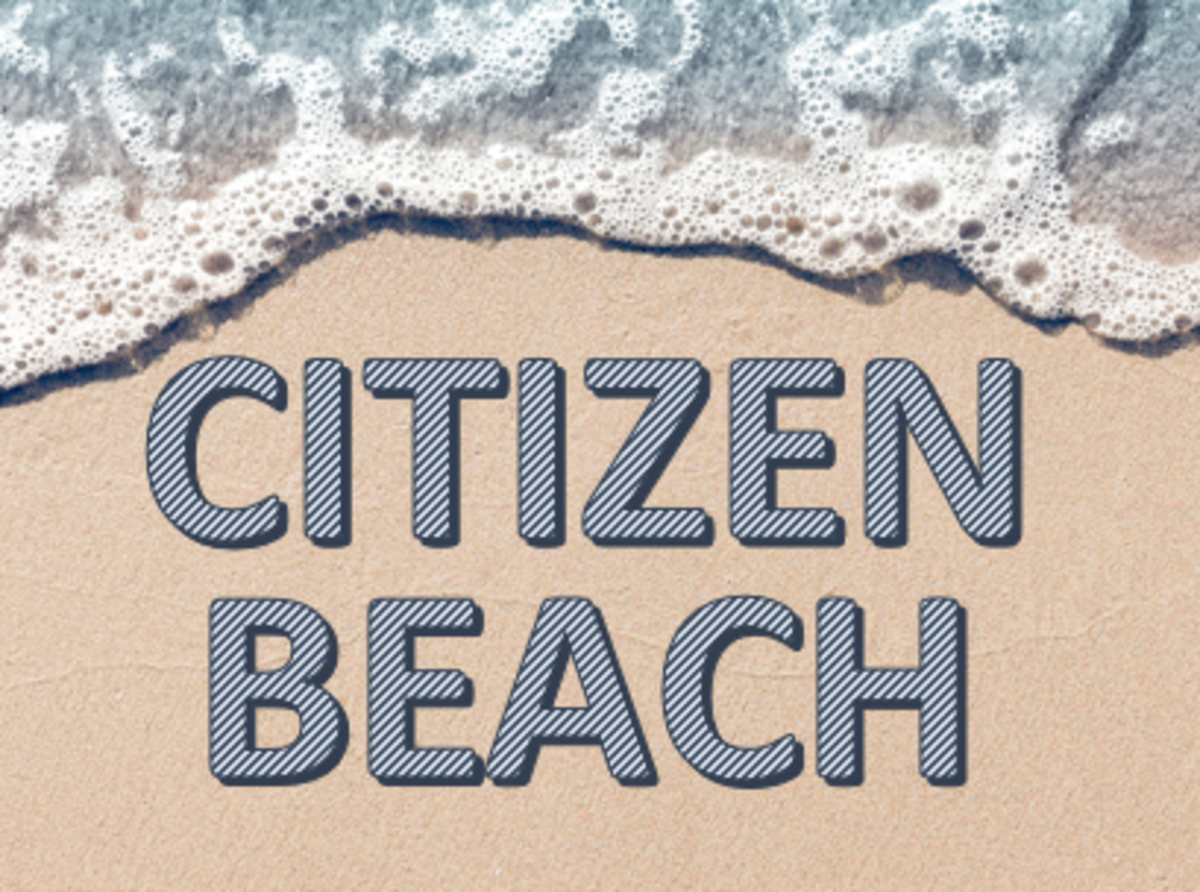A subtle yet significant transformation is underway in the neighborhoods of St. Pete Beach, Treasure Island, and Madeira Beach. Large-scale corporate conversions of properties into rentals are reshaping the fabric of our beach towns, presenting challenges and changes to residents and the community's character.
Housing in Tampa Bay is becoming increasingly corporate-owned, a Tampa Bay Times analysis has found. Large companies have amassed around 27,000 homes across three counties. More than 70% of these properties are linked to institutional investors backed by Wall Street and private equity. - How corporate investors are taking over Tampa Bay’s neighborhoods. The Tampa Bay Times published seven stories late last year, documenting the rise in corporate homeownership: The “region’s largest landlords are investment firms based in Arizona, Illinois, Texas and elsewhere. A few companies own more than 1,000 homes each. Invitation Homes, a Dallas company that until 2019 was owned by the private equity firm Blackstone, has nearly 6,000. It is the region’s largest homeowner.”
THE CORE ISSUES
Housing Affordability and Availability: The influx of corporate buyers often leads to an increase in property prices as they outbid individual buyers, making homeownership increasingly unattainable for locals. These corporations typically purchase properties for rental income, reducing the stock of homes available for purchase by families who become part of our local tapestry.
Loss of Community Identity: As homes turn into rentals, the sense of community can diminish. Long-term residents are replaced by transient, often short-term tenants, leading to less community engagement, fewer neighbors knowing each other, and a potential decline in community events and local traditions. “It’s really uprooting people from their communities” (Tampa Bay Times).
Impact on Local Economy: While rental properties can boost local economies through tourism, they can also detract from them. Long-term residents contribute to the local economy consistently through taxes, community involvement, by owning local businesses, and through local business patronage. In contrast, short-term tenants might not invest in the community to the same degree.
Infrastructure Strain: An increase in population density, even if temporary, can strain local infrastructure like water, sewage, and traffic management, not designed for such cyclical changes. The sewage systems, with many components like the ancient lift stations in Treasure Island, struggle to keep pace with demand. Originally engineered for a smaller, less fluctuating population, these systems now face increased maintenance needs, the risk of overflows during peak times or heavy rains, and urgent calls for upgrades or complete replacements.
Water supply issues compound the problem, as the local infrastructure battles to maintain pressure and quality amidst a surge in usage during tourist seasons. The demand pushes the limits of what these facilities were designed to handle, necessitating more frequent maintenance or expansion of water treatment capabilities.
Stormwater and drainage systems are equally challenged, unprepared for the increased load during heavy rainfalls or storm surges. These systems, often outdated, require significant upgrades to prevent flooding, which has become more frequent with the area's growing population and the impacts of climate change.
These issues highlight the urgent need for infrastructure adaptation in these beloved beach communities. Balancing the preservation of their unique charm with the demands of growth, tourism, and modernization requires not only financial investment but also strategic foresight, community engagement, and a cooperative approach from local, state, and possibly federal levels. The future of our beach towns hinges on their ability to evolve while maintaining what makes them special.
What You Can Do
Support Florida State House Bill HB 401, the "Strengthening Homeownership in Florida Act," which was introduced by Florida State Representative Berny Jacques. The primary aim of this legislation is to limit corporate ownership of single-family homes.
Key Features of HB 401:
Zoning for Owner-Occupied Homes: The bill allows counties and cities to zone land exclusively for owner-occupied homes, potentially preventing large-scale conversions of properties into rentals by corporations.
Single-Family Hybrid Housing: It introduces a new classification termed "single-family hybrid housing," which categorizes homes primarily used for rental purposes and owned by corporations, investment groups, or similar entities. Under this proposal, an individual or related entity cannot own more than three single-family properties in a county to qualify for residential zoning, aiming to curb corporate dominance in residential areas.
Local Government Authority: The legislation would give local governments broad authority to enforce these zoning and land-use regulations, allowing them to tailor rules according to local housing needs and community desires.
Protection for Small Landlords: Provisions protect smaller, local landlords (referred to as "mom and pop" landlords) by not categorizing their properties as "hybrid" if they own three or fewer properties in the same county.
As of now, without a companion bill in the Senate and no assignment to a committee, HB 401 remains in the early stages. Its progression through the legislative process will depend on political support, public opinion, and Florida's broader housing market dynamics.
Contact Your Florida State House of Representative: Linda Chaney (District 13), Email: [email protected]; Office: Suite 201 4020 Park Street North St. Petersburg, FL 33709-4030; Phone: 850-717-5013; 727-387-8600
Contact Your Florida State Senator: Nick DiCeglie (District 16); Email: [email protected]; District Office. 9800 4th Street North, #200. St. Petersburg, FL 33702; Phone: 850-487-5016; 727-563-1910

